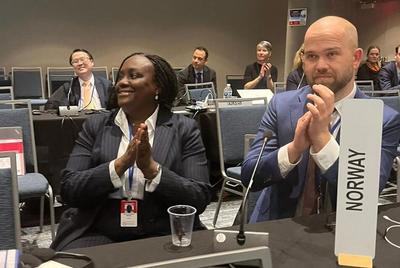Doing accountability differently. A proposal for the vertical integration of civil society monitoring and advocacy
Spanish version: Construyendo la rendición de cuentas de manera diferente: Una propuesta para la integración vertical del monitoreo y la incidencia pública
Civil society accountability initiatives that take into account power structures at multiple levels can produce more lasting institutional change, compared to locally-bounded initiatives that address the symptoms rather than the underlying causes of accountability failures. Vertically integrated civil society policy monitoring and advocacy initiatives involve inter-relationships between local, subnational, national and international actors. The research combines two complementary perspectives: a scholar's overview of this strategic approach, including five propositions on vertical integration, in dialogue with a practitioner's in-depth analysis of Textbook Count in the Philippines, a civil society coalition which, in partnership with government reformers, provided independent monitoring of an entire supply chain in the education sector. The analysis addresses the implications of vertical integration for civil society coalition dynamics, and the distinction between independent policy monitoring and advocacy. The conclusions suggest that better donor coordination of civil society support can create opportunities for more integrated initiatives, taking advantage of critical entry points provided by sector-specific approaches. Facilitating dialogue between different actors and supporting longer implementation strategies can also advance integrated monitoring and advocacy.
Get a quick overview of the main points, see
How to do accountability differently through the vertical integration of civil society advocacy and monitoring
We also recommend this interview with one of the authors
A Conversation with Prof. Jonathan Fox on Doing Accountability Differently




